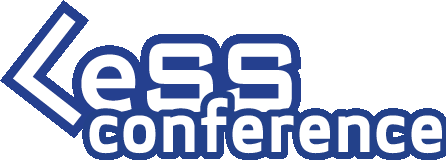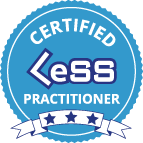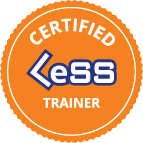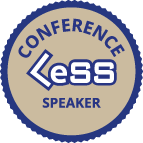Step by step towards Feature Teams with the Feature Team Adoption Map (FTAM)
The Feature Team Adoption Map (FTAM) is often misunderstood or misinterperated. Join this session for a detailed look at it.
End-to-end perspectives and responsibilities are essential to master the complexity of large-scale product development. Feature Teams that can develop and deliver customer-centric features independently set up the basis for successful product development. This is undisputedly formulated in all scaling frameworks. Although the FTAM approach in LeSS is clear and straightforward, there are often many misunderstandings and misinterpretations, so many people shy away from using the FTAM. This is a pity because it means that the great potential that LeSS offers for gradual and healthy organizational development is not being exploited. In this talk, Mark will help clear up these misunderstandings and misinterpretations. He will explain the FTAM in detail, show how to use it, and show how to combine top-down and bottom-up transformation approaches with the FTAM. Management uses the FTAM to define the conditions for necessary/desired structural changes and, at the same time, team members develop appropriate measures to gradually grow into the direction of a LeSS feature team (Owning vs. Renting). He will also show how these measures can be used to create or maintain a transformation backlog. There will also be time for a Q&A Session. Mark offers to discuss and make real FTAMs afterward in an open space session if participants are interested.
Content:
- Purpose of Maps
- The Feature Team Adoption Map (FTAM) at Different Scales
- FTAM Example: Microsoft (exemplary)
- How to Define The Y-Axis (Product Definition)
- How to Define The X-Axis (Deliver the Product, Cross-Functionality)
- Working With The FTAM Deriving Measures
- Creating A Transformation Roadmap based on the FTAM
Learning objectives:
- Understand the Feature Team Adoption Map concept
- Understand how to create an FTAM using the Product Definition and DoD
- Understand how to build a transformation backlog with the results of the FTAM





